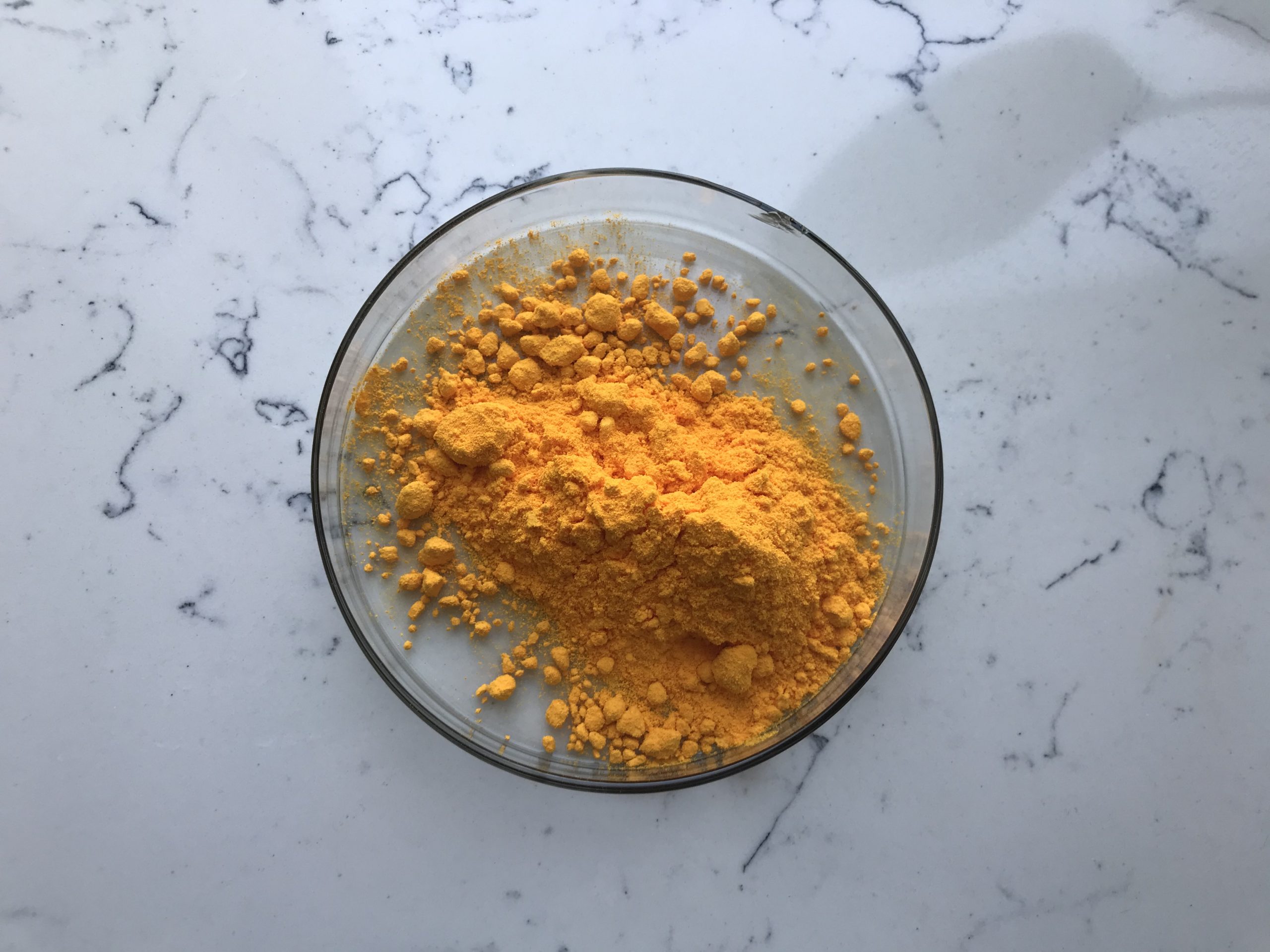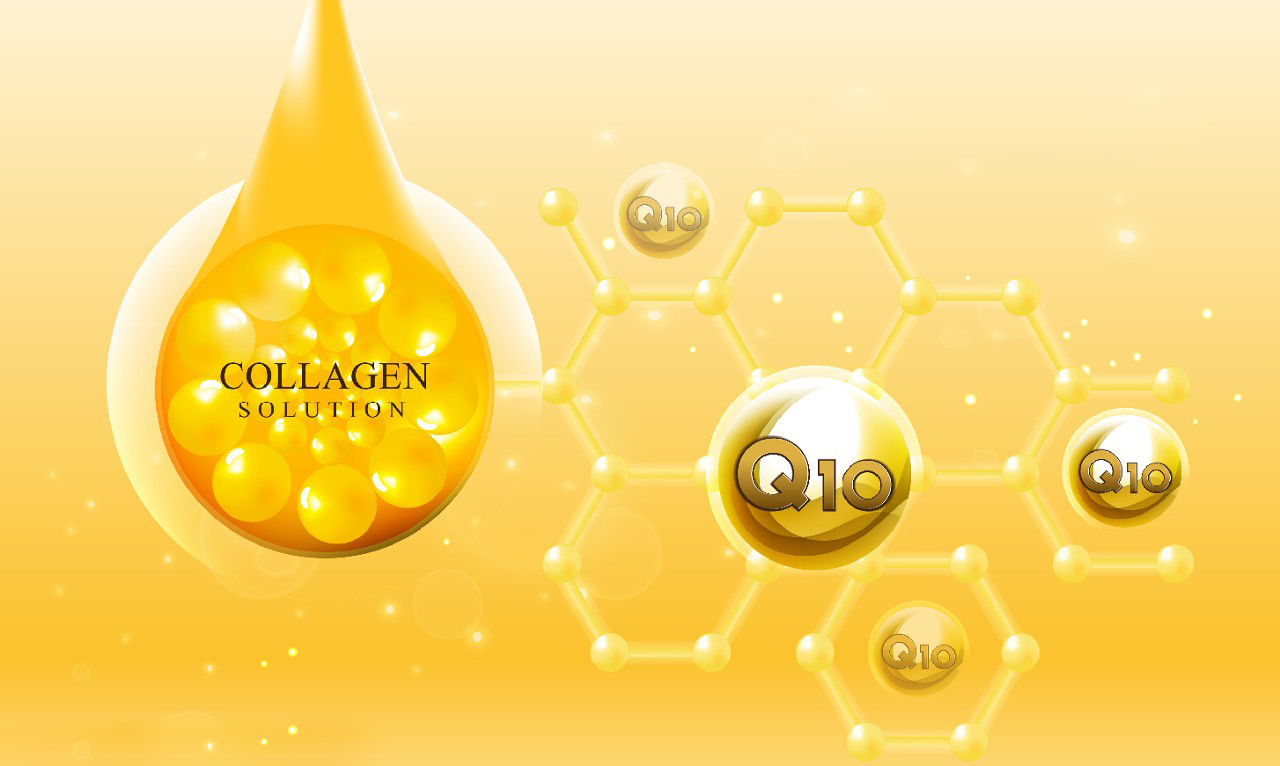Coenzyme Q10 (CoQ10) is a naturally occurring compound that plays a crucial role in the production of energy within cells and also acts as an antioxidant. Many people take Coenzyme Q10 supplements for various reasons, including potential benefits for heart health, skin health, and overall well-being.
In general, Coenzyme Q10 is considered safe for long-term use when taken within recommended dosage levels. It’s a fat-soluble compound, which means it can accumulate in the body over time. However, adverse effects from Coenzyme Q10 supplementation are rare and usually mild, including gastrointestinal symptoms or allergic reactions.

If you’re considering taking Coenzyme Q10 for an extended period, it’s a good idea to follow these guidelines:
Consult Your Healthcare Provider: Before starting any new supplement regimen, especially if you plan to take it for a long time, it’s best to consult with a healthcare professional. They can evaluate your individual health situation and provide personalized advice.
Dosage: Stick to the recommended dosage on the supplement label or as advised by your healthcare provider. The appropriate dosage can vary depending on your health condition, age, and other factors.
Quality of Supplements: Choose a reputable brand when purchasing Coenzyme Q10 supplements to ensure you’re getting a high-quality product that is accurately labeled.
Monitor for Side Effects: While serious side effects are rare, pay attention to how your body reacts to the supplement. If you experience any unusual symptoms, stop taking it and consult your healthcare provider.
Possible Interactions: Coenzyme Q10 can interact with certain medications or medical conditions. Make sure to inform your healthcare provider about all the supplements and medications you’re taking to avoid potential interactions.
Regular Check-ins: If you’re taking Coenzyme Q10 for a specific health condition, consider having regular check-ins with your healthcare provider to assess its effectiveness and make any necessary adjustments.
Natural Sources: Coenzyme Q10 is also found in certain foods, such as fish, meat, and nuts. Including these foods in your diet can provide a natural source of CoQ10.
Remember that individual responses to supplements can vary, and what works well for one person might not be suitable for another. Always prioritize your overall health, and don’t hesitate to seek professional advice before making any decisions about long-term supplement use.
Coenzyme Q10 can be obtained from?
Coenzyme Q10, also known as CoQ10 or ubiquinone, is a naturally occurring compound found in the cells of the human body. It plays a crucial role in the production of energy within cells and also acts as an antioxidant, helping to protect cells from oxidative damage. While the body can synthesize Coenzyme Q10 to some extent, it can also be obtained from dietary sources and supplements.
Dietary sources of Coenzyme Q10 include:
Foods: Certain foods are relatively good sources of Coenzyme Q10, though the amounts can vary. These include organ meats (such as heart, liver, and kidney), muscle meats (such as beef, pork, and chicken), fatty fish (such as mackerel, sardines, and trout), and plant oils (such as soybean and canola oil).
Nuts and Seeds: Some nuts and seeds, like peanuts and sesame seeds, also contain Coenzyme Q10, though in smaller amounts compared to animal products.
Whole Grains: Whole grains, including whole wheat and brown rice, also contain Coenzyme Q10, albeit in lesser quantities.
Fruits and Vegetables: While fruits and vegetables contain Coenzyme Q10, the levels are generally lower than in animal-based sources. However, these foods still contribute to your overall Coenzyme Q10 intake.
Supplements: Coenzyme Q10 supplements are available over-the-counter and can provide an additional source of this compound. These supplements are often used to address deficiencies or as antioxidants, but it’s important to consult a healthcare professional before starting any new supplement regimen.

Keep in mind that the body’s ability to absorb Coenzyme Q10 from dietary sources can vary, and some factors, such as age and certain medical conditions, can impact its absorption. If you’re considering taking Coenzyme Q10 supplements or increasing your intake through dietary sources, it’s a good idea to consult with a healthcare provider to ensure it’s appropriate for your individual health needs.
